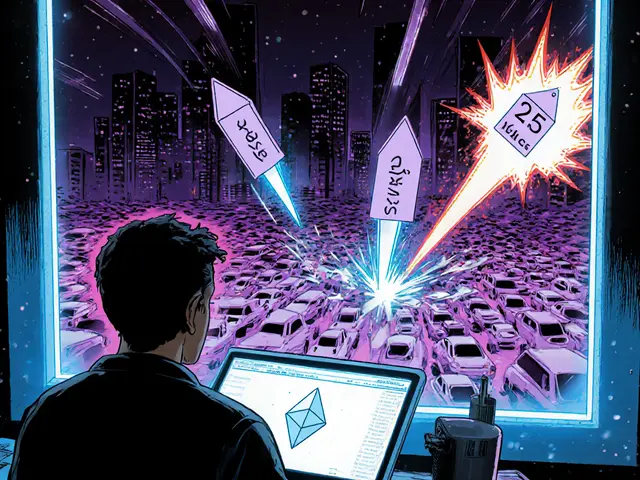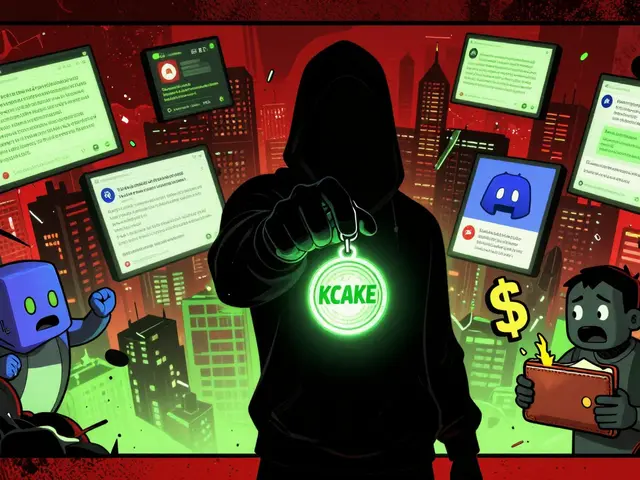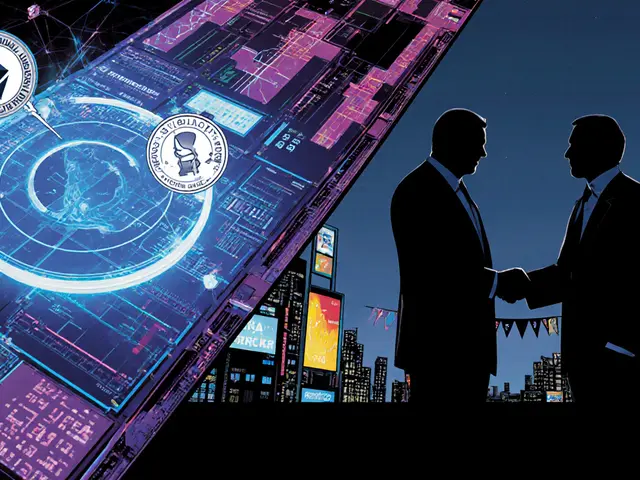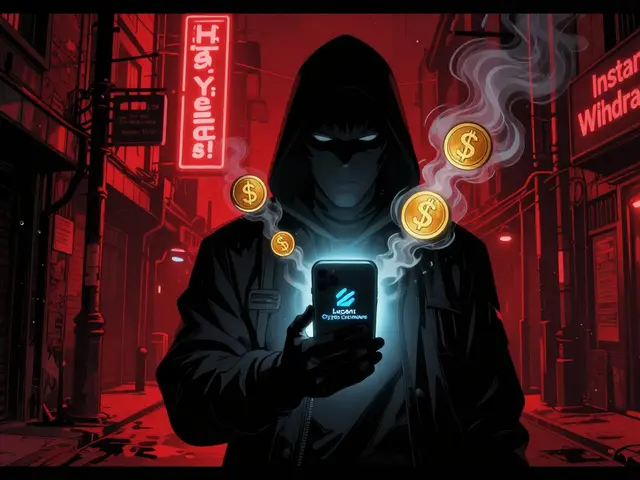MSMT Crypto Token: What It Is, Risks, and Why It's Being Discussed
When you see MSMT, a low-liquidity crypto token often promoted through social media airdrops and Telegram groups. Also known as MSMT coin, it shows up in trading lists with no clear team, whitepaper, or real use case—just a price chart and hype. Most people who buy it don’t understand what they’re actually buying. It’s not a platform, not a protocol, and not tied to any working product. It’s a token with a name, a supply, and a lot of empty promises.
MSMT is part of a larger group of tokens that rely on attention, not technology. It’s similar to RATS (Ordinals), a Bitcoin-based meme token that gained traction through viral marketing and community-driven trading, or BOBE, a Solana-based meme coin with no real utility beyond speculative trading. These tokens don’t solve problems—they attract traders looking for quick gains. But unlike established projects like Quant (QNT), a blockchain interoperability platform with real enterprise adoption, MSMT has no track record, no partnerships, and no transparent development. You won’t find it listed on major exchanges. It’s only traded on small, unregulated DEXs with no security audits.
What makes MSMT dangerous isn’t just the lack of fundamentals—it’s how it’s sold. People get pulled in by fake airdrop claims, fake influencer endorsements, and bots that pump the price for a few hours. Then the creators vanish with the liquidity. That’s the same pattern seen in Cougar Exchange (CGX), a token marketed as an exchange but functioning as a pump-and-dump scheme. The difference? MSMT doesn’t even pretend to be more than a token. No team, no roadmap, no community building—just a ticker symbol and a Discord link.
If you’re seeing MSMT pop up in your feed, ask yourself: Why now? Who benefits? What’s the exit plan? The answer is always the same: the people who created it. The market moves fast, and tokens like MSMT are designed to be forgotten the moment the price drops. There’s no long-term value. No innovation. No future. Just noise.
Below, you’ll find real reviews, scam alerts, and breakdowns of similar tokens that turned out to be traps. No fluff. No hype. Just what you need to know before you click "buy."
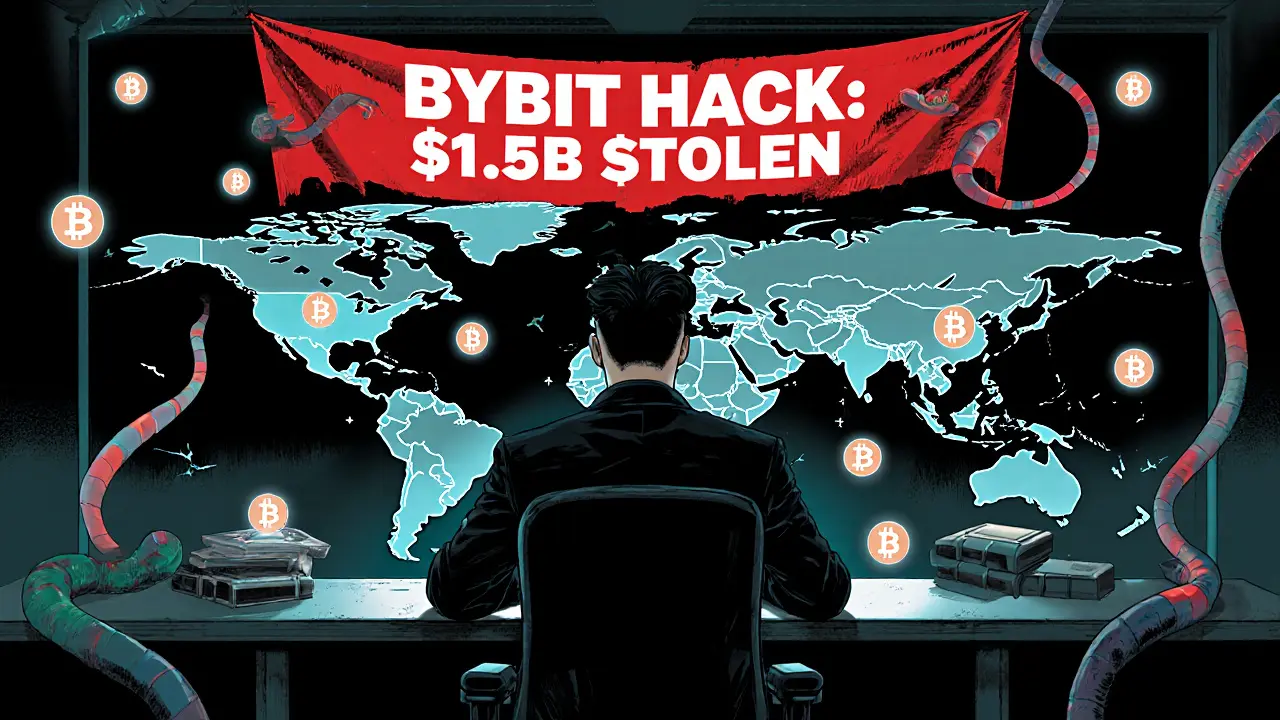
North Korea has stolen over $2 billion in cryptocurrency in 2025 alone, funding its weapons programs through cyber heists. A new 11-nation coalition, the MSMT, is fighting back with blockchain forensics, but gaps in global cooperation still leave the system vulnerable.
Continue Reading

